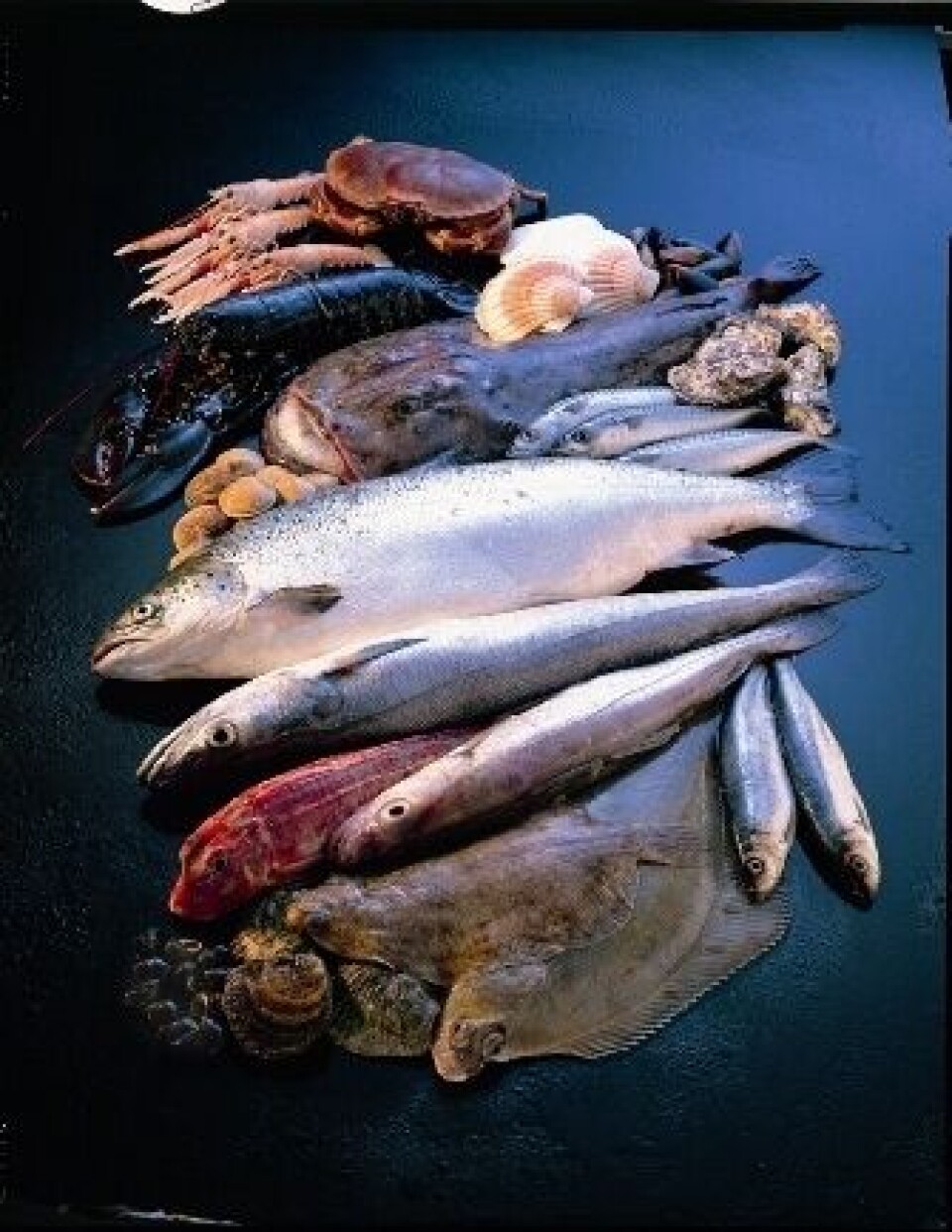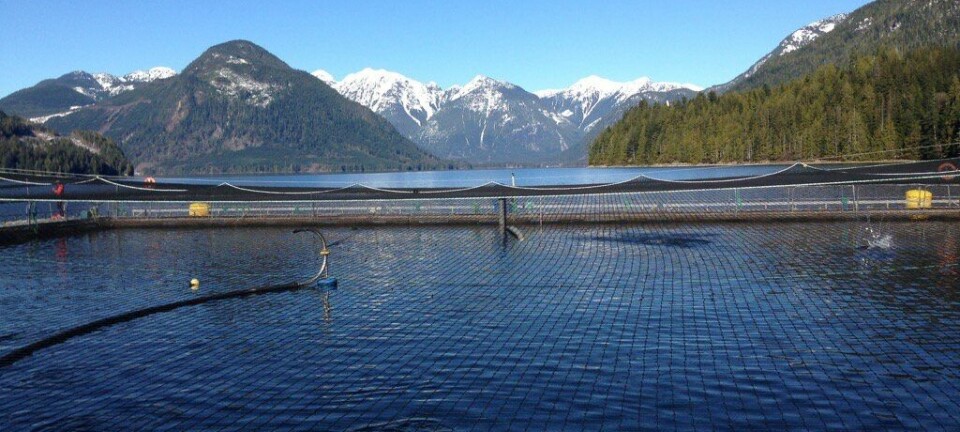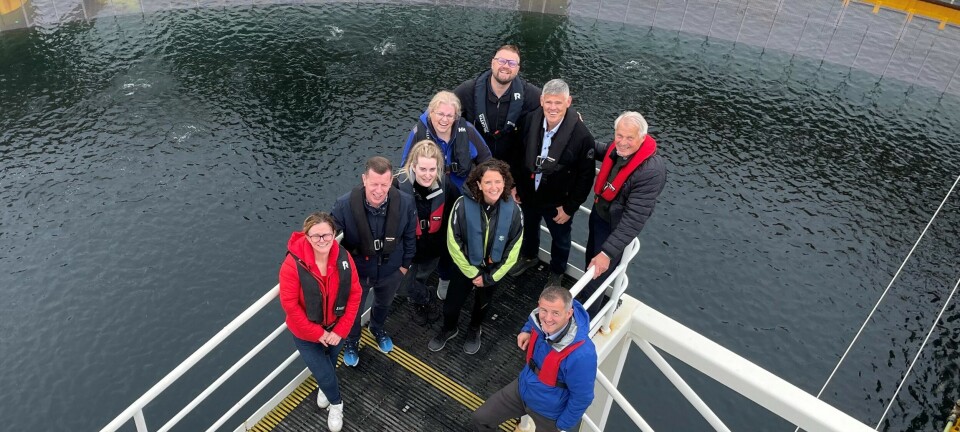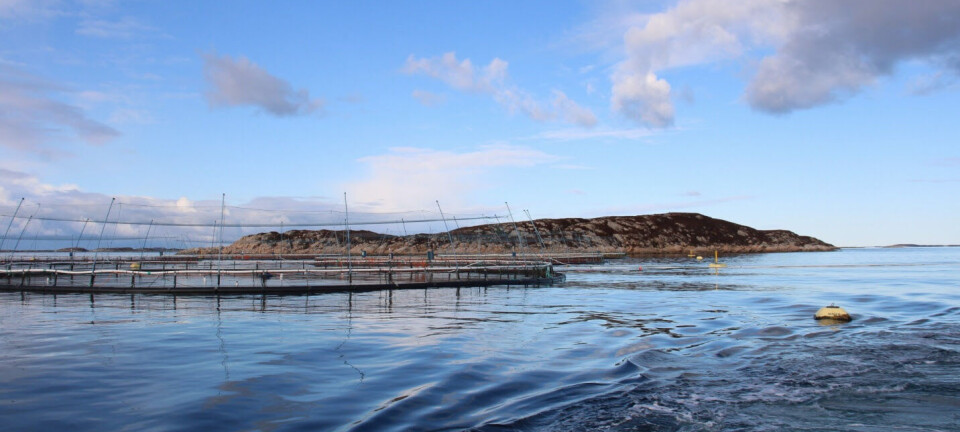
Farmed salmon is B.C.’s biggest food export- by far
Increasing pressure to establish more fish farms in British Columbia will be the result of Canada’s reputation as a producer of safe and healthy seafood, as well as the imminent signing of a number of trade agreements, writes Randy Shore in the Vancouver Sun over the weekend. “Exports of high-value specialty crops and value-added premium foods are experiencing explosive growth”, he writes. And “Farmed Atlantic salmon is by far B.C.’s biggest food export, netting around CAD$ 300 million (~€ 196.4 million) in each of the past three years, almost double what is earned from blueberries and around 12 times more than wild sockeye salmon”.
But while the production of crops like blueberries has more than doubled in the past ten years, farmed salmon output has remained almost stagnant, despite the fact that “B.C. seafood basks in the glow of natural purity in foreign markets, despite the misgivings of many people here who are concerned about the impact of the salmon aquaculture industry on wild salmon stocks and the marine environment”.
Mr. Shore also points out that “B.C. is uniquely positioned to bring high-value products to the world- especially the Pacific Rim- because of our climate, the relative richness of our agricultural land, and diversity, with more than 200 different crops and commodities in production”. And “The provincial government has become an enthusiastic promoter of locally grown products for export, in part to support a pledge to grow the agri-food sector by more than CAD$ 2 billion (~€ 1.3 billion) by 2017 as part of its ambitious BC Jobs Plan”.
Trade missions to China and other countries, as well as Canada’s imminent entry into the 12 Pacific Rim nations Trans-Pacific Partnership and a “massive trade pact between Canada and the European Union” and other multi- and bilateral trade deals are sure to keep increasing the demand for food products from Beautiful British Columbia.
In a recent statement, federal Minister of Fisheries and Oceans Gail Shea said that “With the global demand for seafood expected to increase by seven per cent every year, it’s clear that aquaculture has great economic potential. Our government supports aquaculture development that is both economically sound and environmentally responsible”.























































